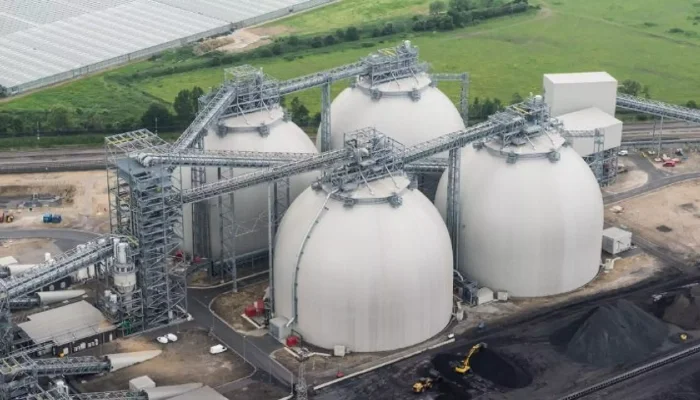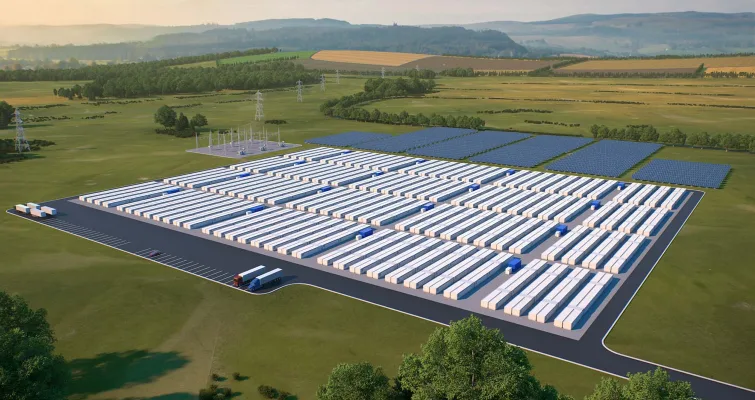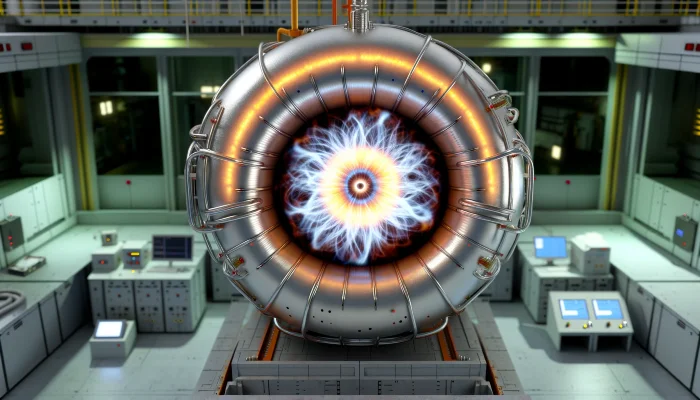In a world grappling with the urgency of climate change, biomass has emerged as a controversial player in the UK’s energy strategy. It’s a concept that rides the fine line between innovation and environmental responsibility. Biomass, essentially the burning of wood or plants for heat, electricity, or transport fuel, is under scrutiny. Despite receiving a hefty sum from the government—hundreds of millions annually—it’s caught in a storm of sustainability concerns.
Audit Raises Alarms on Biomass Sustainability Compliance
The National Audit Office (NAO) has cast a shadow of doubt on the UK government’s oversight of this industry. Their stark assessment? The government simply “cannot demonstrate” that biomass generators are toeing the line with sustainability rules. This isn’t just a matter of failing to tick boxes; it’s a critical issue that underpins the entire legitimacy of biomass as a green alternative.
The Impact on Drax and Future Subsidies
Drax, standing as the UK’s biomass behemoth, felt an immediate backlash. Its shares plummeted by 10% following the NAO’s announcement of its probe in September. The timing is particularly sensitive as the government contemplates extending financial life-lines to an industry already questioned by its climate advisors for its economic viability.
A Double-Edged Sword: Biomass in the UK’s Climate Strategy
Here lies the paradox: the Climate Change Committee (CCC) acknowledges biomass as a key player in weaning the UK off fossil fuels. It’s not a small player either, having contributed 11% to the UK’s electricity in 2022. Drax’s ambitious plans to integrate technology for atmospheric carbon dioxide removal only add layers to this complex puzzle.
Government’s Response and Future Directions
In response to the brewing storm, the energy security department last summer pledged to tighten the reins on its sustainability criteria. Meg Hillier MP, chair of the Committee of Public Accounts (PAC), encapsulated the dilemma succinctly: “Biomass could have a key role in achieving net-zero, but only if it is genuinely sustainable.” She urges a rapid overhaul of the government’s assurance mechanisms, emphasizing the need for accountability in the use of consumer and taxpayer funds towards the UK’s climate goals.

The UK’s journey towards a greener future is laden with challenges and choices. Biomass, as a renewable energy source, stands at a crossroads. The government’s role in ensuring its sustainability isn’t just about policy, but about preserving the integrity of its commitment to a climate-resilient future. As the world watches, the UK’s handling of this biomass conundrum could set a precedent for balancing environmental innovation with sustainability.
The Sustainability Debate: Biomass Under the Microscope
Scientists Are Changing Their Minds Based On New Data
The sustainability of biomass, once heralded as a green alternative to coal-power, is now under intense scrutiny. Selaine Saxby MP articulates this shift, noting that the science on biomass has evolved significantly. With advancements in solar, wind, and nuclear power, the spotlight is on the government to re-evaluate its support for biomass in favor of these more sustainable options.
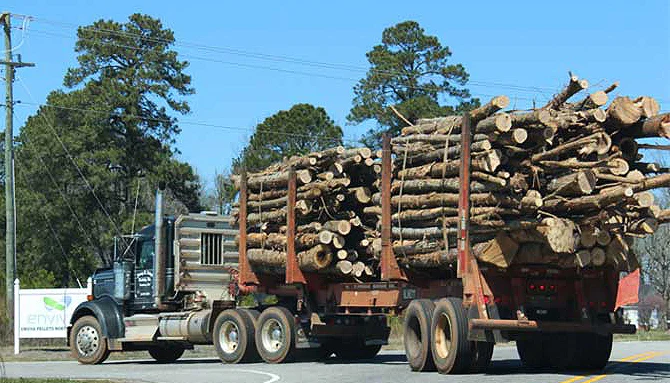
Biomass: Renewable or Controversial?
Biomass’s classification as a renewable resource hinges on the idea that new trees and plants can offset carbon emissions from biomass pellets. However, this assumption is highly contested due to its disputed climate impact. Despite this, the biomass industry has enjoyed substantial government support, receiving a staggering £22bn ($28 billion in USD) in the last two decades through schemes like the Renewables Obligation and Contracts for Difference.
The Fine Print of Biomass Sustainability
The Climate Change Committee (CCC) maintains that biomass can only be considered low-carbon if it adheres to stringent sustainability criteria, ensuring responsible sourcing of wood. Yet, the government faces criticism for not effectively evaluating the compliance of these criteria, as pointed out by the National Audit Office (NAO) in its recent probe.
Rethinking Biomass in the Net Zero Equation
The NAO warns that if biomass isn’t as climate-friendly as anticipated, the government may need to explore alternative methods for carbon dioxide removal or instigate behavioral changes to reduce power demand. This revelation puts biomass’s role in achieving the UK’s net-zero target under a magnifying glass.
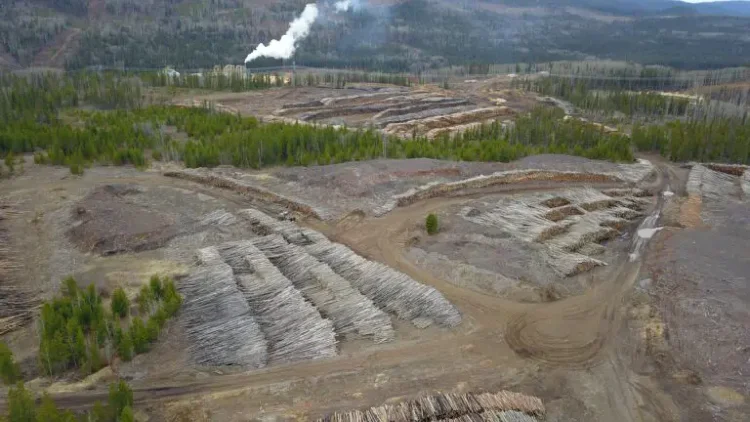
The Practical Challenges of Sustainable Biomass
Rob Gross, director of UK Energy Research Centre (UKERC) and professor at Imperial College London, acknowledges biomass as a “dispatchable” energy source, adaptable to varying energy demands. However, he emphasizes the practical difficulties in ensuring a sustainable supply chain, not just in terms of carbon but also biodiversity concerns.
Industry and Analysts React to the NAO’s Findings
Barclays’ investment analysts and J.P. Morgan responded to the NAO’s report without surprise, noting the necessity of high standards for continued support of biomass. Both financial institutions viewed the report positively, as it didn’t outright criticize the value for money of biomass subsidies.
More To Discover
- A Common Laundry Detergent Enzyme Can Recycle Single-Use Plastics In 24-Hours, Researchers Discover
- Is SpaceX’s Starship as Green as It Seems? The Short Answer Is No.
- Scientists Breed Climate-Friendly Cows with 20-Fold Increase in Milk Production
- Lego’s Environmental Pivot: The Company Is Facing The Harsh Realities of Sustainable Plastics And Taking A Stand Against Greenwashing
Drax and Government Embrace Stronger Sustainability Rules
In response to the NAO’s findings, Drax and the government have expressed their commitment to enhancing sustainability criteria. A Drax spokesperson highlighted the crucial role of sustainably sourced biomass in tackling the climate crisis and replacing fossil fuels. The energy security and net-zero department also welcomed the report, affirming that their sustainability criteria align with international standards and announcing plans for further consultation on improvements later in the year. They emphasized that subsidies are legally contingent on strict compliance with these rules.







